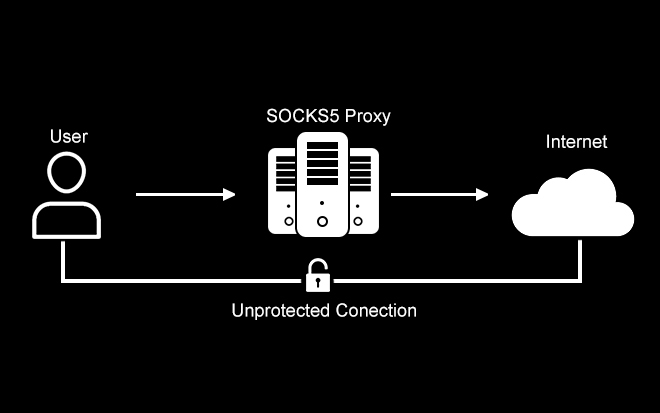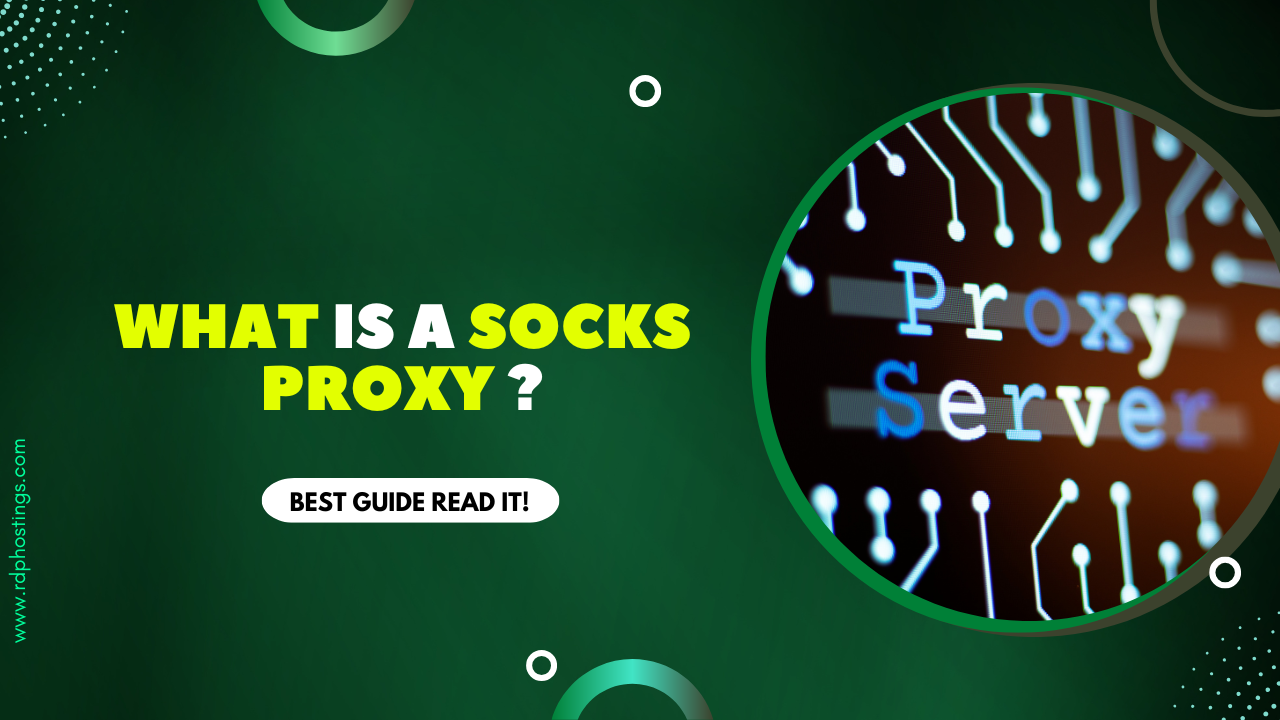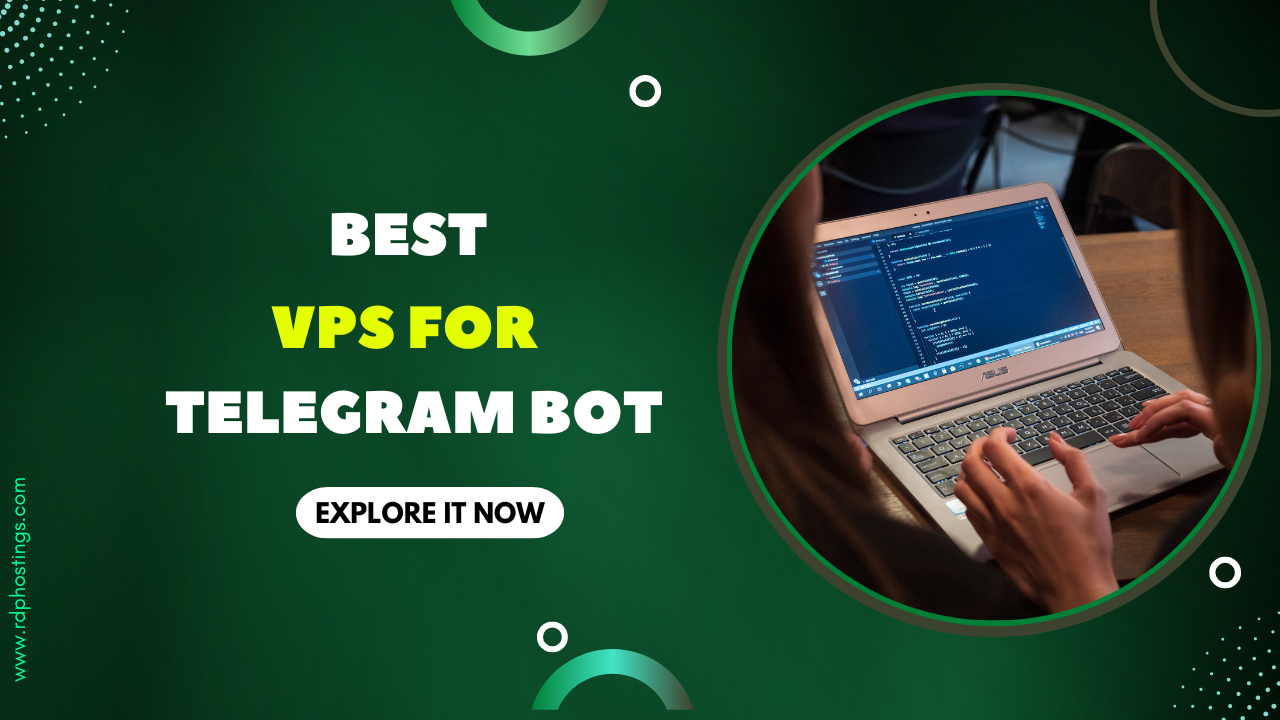Ever feel like your online activity is being watched, restricted, or slowed down? Whether you’re trying to access geo-blocked content, enhance your digital privacy, or speed up tasks like torrenting or web scraping, the solution might be simpler than you think SOCKS proxy.
SOCKS proxies are quickly becoming a go-to tool for internet users who want more freedom, security, and control over their online experience. But what exactly are they, how do they work, and why are so many people and businesses using them?
In this article, we’ll walk you through what a SOCKS proxy is, break down its key features, explore how it’s different from HTTP proxies, and show you the most common use cases from anonymous browsing and streaming to secure remote access and gaming.
You’ll also learn about the different types of SOCKS proxies, including why SOCKS5 is the most powerful version, and get clear answers to the most frequently asked questions.
What is a SOCKS Proxy?
Before diving into the uses and types of SOCKS proxies, it’s important to understand what they actually are. This section introduces the concept of SOCKS proxies in simple terms and lays the groundwork for why they are essential in today’s internet landscape.

A SOCKS proxy (short for Socket Secure) is an internet protocol that routes network packets between a client and server through a proxy server. It acts as an intermediary, disguising your IP address and transmitting data securely and anonymously. Unlike traditional proxies that handle only specific types of traffic (like HTTP), SOCKS proxies operate at a lower level, making them highly flexible and powerful.
They don’t interpret or modify the traffic; instead, they forward it exactly as it is, which makes them suitable for a variety of use cases including peer-to-peer sharing, gaming, streaming, and more.
Key Features of SOCKS Proxies
Let’s take a moment to explore the core attributes that make SOCKS proxies a preferred choice for many internet users.
Common Uses of SOCKS Proxies
You might be wondering why someone would use a SOCKS proxy in the first place. This section will introduce the most popular real-world applications of SOCKS proxies and why they are preferred over other options.
SOCKS proxies are incredibly versatile, and that’s what makes them so valuable. Here are some of their most common and impactful uses:
Types of SOCKS Proxies
There are different versions of SOCKS proxies, each offering different levels of functionality. This section helps you understand the evolution and differences between them.
1. SOCKS4
2. SOCKS5
Overall, SOCKS5 is the recommended version for most modern use cases due to its security features and broad compatibility.
Difference Between SOCKS vs HTTP Proxy
Many people confuse SOCKS and HTTP proxies, but they are fundamentally different. This table highlights the distinctions between the two, helping you choose the right one for your needs.
| Feature | SOCKS Proxy | HTTP Proxy |
| Traffic Support | Supports all types (TCP, UDP – e.g., FTP, torrents, gaming) | Limited to HTTP/HTTPS web traffic |
| Protocol Level | Operates at a lower level (session layer) | Operates at the application layer |
| Speed & Performance | Generally faster with SOCKS5; less interference with data | Can be slower due to data filtering and interpretation |
| Anonymity | Higher anonymity; doesn’t modify data packets | Moderate anonymity; may alter data headers |
| Security | SOCKS5 supports authentication and encryption | Basic; usually no authentication or encryption |
| Use Cases | Ideal for torrenting, gaming, streaming, VoIP, scraping | Best for general web browsing and website access |
| Complexity | Slightly more complex to configure | Easier to set up |
| DNS Handling | SOCKS5 can handle DNS requests securely | Often exposes DNS requests to ISPs |
If your needs go beyond just browsing like streaming, gaming, or data scraping SOCKS proxies are clearly the better option.
FAQs
Is SOCKS5 better than VPN?
While SOCKS5 provides faster speeds and is great for specific use cases like torrenting, it doesn’t encrypt your data like a VPN. A VPN is better for full online privacy, but SOCKS5 is ideal for speed and flexibility.
Can I use SOCKS proxies for free?
Yes, there are free SOCKS proxies available, but they often come with limitations such as slower speeds, lower reliability, and higher risk of being blocked or insecure. Premium services are recommended for serious users.
Are SOCKS proxies safe?
SOCKS proxies are safe as long as you use a reputable provider. SOCKS5 offers authentication, which adds an extra layer of protection.
Do SOCKS proxies work on mobile devices?
Yes, SOCKS proxies can be configured on Android and iOS devices, but it may require third-party apps or manual network settings.
How is SOCKS5 used in torrenting?
SOCKS5 proxies mask your IP and allow anonymous peer-to-peer sharing without affecting speed much, making them highly suitable for torrenting.
Conclusion
SOCKS proxies are a powerful tool in the modern internet user’s toolkit. They offer flexible, secure, and anonymous ways to navigate the web, whether you’re bypassing geo-restrictions, scraping data, or playing games online.
With different types available, especially the highly capable SOCKS5 users can tailor their internet experience based on speed, privacy, and compatibility. Compared to traditional HTTP proxies, SOCKS proxies offer broader use cases and better anonymity.
As cyber threats and online restrictions grow, having a clear understanding of tools like SOCKS proxies isn’t just helpful, it’s essential. Whether you’re a casual user or a tech pro, now you have a comprehensive guide to start using SOCKS proxies smartly and effectively.
Most Loved Article List







